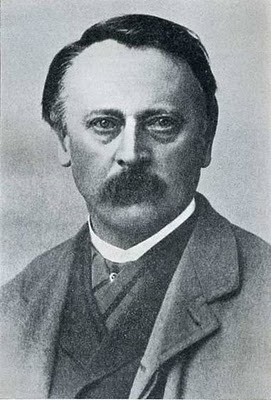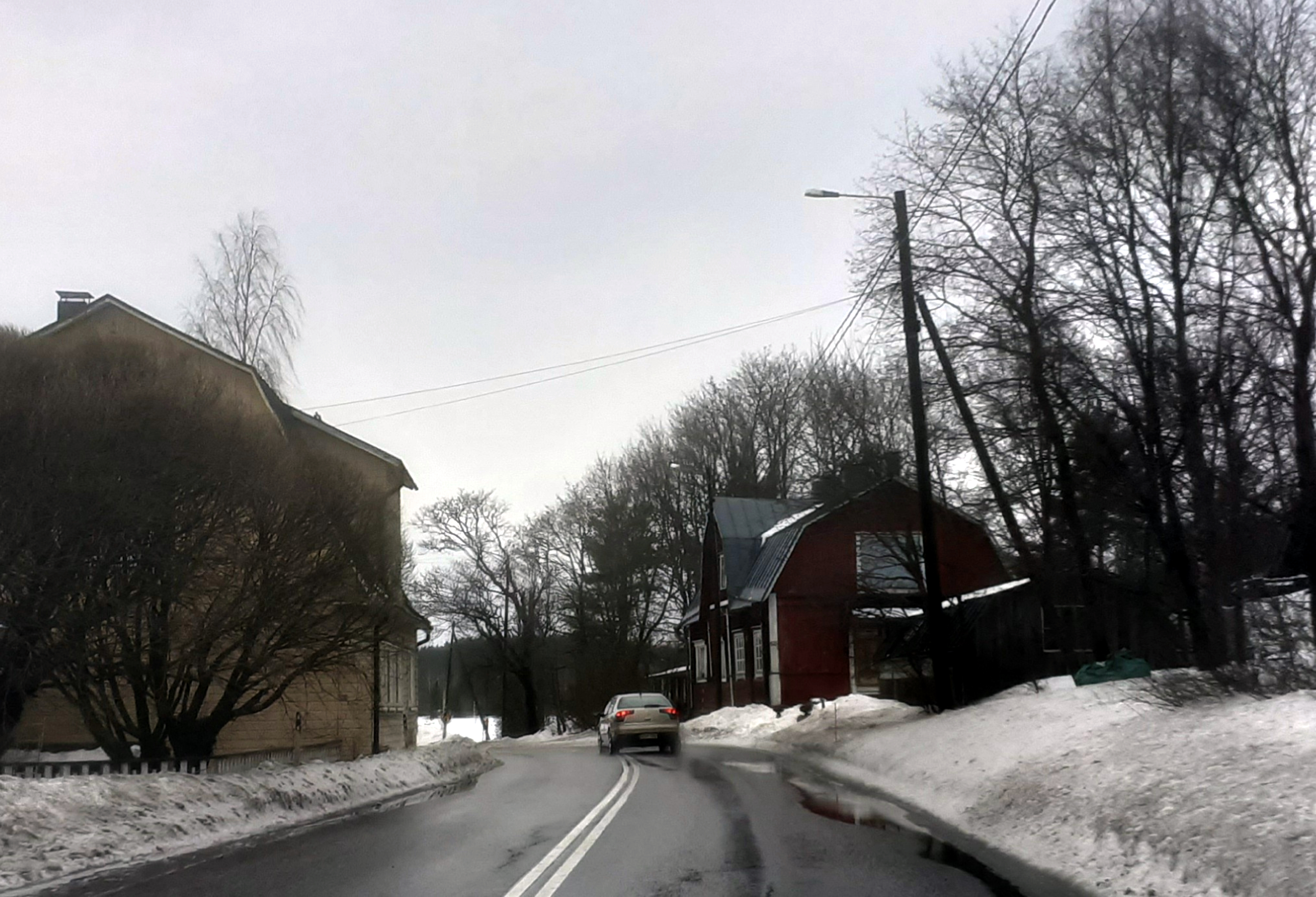|
Erlingen
Erlingen is a small village and also an ''Ortsteil'' of the municipality Meitingen. The village belongs to the administrative district Augsburg in Bavaria, southern Germany. It is located between the cities Augsburg and Donauwörth Donauwörth () is a town and the capital of the Donau-Ries district in Swabia, Bavaria, Germany. It is said to have been founded by two fishermen where the rivers Danube (Donau) and Wörnitz meet. The city is part of the scenic route called "Roman .... Until 1 July 1972, when the village was integrated into the municipality Meitingen, Erlingen was independent. Today the population in Erlingen is about 1400 people. Erlingen belongs to the Roman Catholic parish of Saint Clemens in Herbertshofen. References {{Authority control Villages in Bavaria Augsburg (district) ... [...More Info...] [...Related Items...] OR: [Wikipedia] [Google] [Baidu] |
Meitingen
Meitingen is a market town in the district of Augsburg, in Bavaria, Germany. It is situated on the left bank of the Lech, south of Donauwörth, and north of Augsburg. History Meitingen was firstly mentioned in a certificate in 1231. Since the German Mediatisation Meitingen belongs to Bavaria in 1803. In 1844 the railroad line Augsburg-Nürnberg arrived Meitingen. The construction of the Lech-channel determined series of flooding caused by the river Lech. In 1928 the Catholic priest Dr. Max-Josef Metzger founded the ''Christkönigshaus''. Because of his dedication in the international peace movement he was a thorn in the Nazis' flesh. He was murdered after a denunciation in Brandenburg-Görden in 1944. His corpse rests at the local graveyard. His gravestone, a memorial tablet at the ''Christkönigshaus'', the name of a street and of the secondary school remember his dedication. With the construction of the hydro-electric power plant of the Lech-channel the industrializatio ... [...More Info...] [...Related Items...] OR: [Wikipedia] [Google] [Baidu] |
Ortsteil
A village is a clustered human settlement or Residential community, community, larger than a hamlet (place), hamlet but smaller than a town (although the word is often used to describe both hamlets and smaller towns), with a population typically ranging from a few hundred to a few thousand. Though villages are often located in rural areas, the term urban village is also applied to certain urban neighborhoods. Villages are normally permanent, with fixed dwellings; however, transient villages can occur. Further, the dwellings of a village are fairly close to one another, not scattered broadly over the landscape, as a dispersed settlement. In the past, villages were a usual form of community for societies that practice subsistence agriculture, and also for some non-agricultural societies. In Great Britain, a hamlet earned the right to be called a village when it built a Church (building), church. [...More Info...] [...Related Items...] OR: [Wikipedia] [Google] [Baidu] |
Augsburg (district)
Augsburg (; Swabian German: ''Augschburg'') is a ''Landkreis'' (district) in Swabia, Bavaria, Germany. It is bounded by (from the east and clockwise) the city of Augsburg and the districts of Aichach-Friedberg, Landsberg, Ostallgäu, Unterallgäu, Günzburg, Dillingen and Donau-Ries. The city of Augsburg is not part of the district, but nonetheless is its administrative seat. History In Roman times the Via Claudia connected the city of Augsburg and Italy. In 233 the Alamanni broke through the limes, and the Roman rule over Swabia was ended. During the time of the Holy Roman Empire Augsburg was a bishopric principality. The city and the adjoining regions became subordinate to Bavaria after the Napoleonic Wars. The district of Augsburg was established in 1972 by merging the former districts of Augsburg and Schwabmünchen and parts of other adjoining districts. More than twice as old as Nuremberg or Munich, Augsburg was founded in 15 B.C. by the Roman commanders Drusus and Tib ... [...More Info...] [...Related Items...] OR: [Wikipedia] [Google] [Baidu] |
Bavaria
Bavaria ( ; ), officially the Free State of Bavaria (german: Freistaat Bayern, link=no ), is a state in the south-east of Germany. With an area of , Bavaria is the largest German state by land area, comprising roughly a fifth of the total land area of Germany. With over 13 million inhabitants, it is second in population only to North Rhine-Westphalia, but due to its large size its population density is below the German average. Bavaria's main cities are Munich (its capital and largest city and also the third largest city in Germany), Nuremberg, and Augsburg. The history of Bavaria includes its earliest settlement by Iron Age Celtic tribes, followed by the conquests of the Roman Empire in the 1st century BC, when the territory was incorporated into the provinces of Raetia and Noricum. It became the Duchy of Bavaria (a stem duchy) in the 6th century AD following the collapse of the Western Roman Empire. It was later incorporated into the Holy Roman Empire, became an ind ... [...More Info...] [...Related Items...] OR: [Wikipedia] [Google] [Baidu] |
Germany
Germany,, officially the Federal Republic of Germany, is a country in Central Europe. It is the second most populous country in Europe after Russia, and the most populous member state of the European Union. Germany is situated between the Baltic and North seas to the north, and the Alps to the south; it covers an area of , with a population of almost 84 million within its 16 constituent states. Germany borders Denmark to the north, Poland and the Czech Republic to the east, Austria and Switzerland to the south, and France, Luxembourg, Belgium, and the Netherlands to the west. The nation's capital and most populous city is Berlin and its financial centre is Frankfurt; the largest urban area is the Ruhr. Various Germanic tribes have inhabited the northern parts of modern Germany since classical antiquity. A region named Germania was documented before AD 100. In 962, the Kingdom of Germany formed the bulk of the Holy Roman Empire. During the 16th ce ... [...More Info...] [...Related Items...] OR: [Wikipedia] [Google] [Baidu] |
Augsburg
Augsburg (; bar , Augschburg , links=https://en.wikipedia.org/wiki/Swabian_German , label=Swabian German, , ) is a city in Swabia, Bavaria, Germany, around west of Bavarian capital Munich. It is a university town and regional seat of the ''Regierungsbezirk'' Schwaben with an impressive Altstadt (historical city centre). Augsburg is an urban district and home to the institutions of the Landkreis Augsburg. It is the third-largest city in Bavaria (after Munich and Nuremberg) with a population of 300,000 inhabitants, with 885,000 in its metropolitan area. After Neuss, Trier, Cologne and Xanten, Augsburg is one of Germany's oldest cities, founded in 15 BC by the Romans as Augsburg#Early history, Augusta Vindelicorum, named after the Roman emperor Augustus. It was a Free Imperial City from 1276 to 1803 and the home of the patrician (post-Roman Europe), patrician Fugger and Welser families that dominated European banking in the 16th century. According to Behringer, in the sixteen ... [...More Info...] [...Related Items...] OR: [Wikipedia] [Google] [Baidu] |
Donauwörth
Donauwörth () is a town and the capital of the Donau-Ries district in Swabia, Bavaria, Germany. It is said to have been founded by two fishermen where the rivers Danube (Donau) and Wörnitz meet. The city is part of the scenic route called "Romantische Straße" (Romantic Road). The city is situated between Munich and Nuremberg, 46 km north of Augsburg. History Donauwörth grew up in the course of the 11th and 12th centuries under the protection of the castle of Mangoldstein, became in the 13th century a seat of Duke Ludwig II of Bavaria, who, however, soon withdrew to Munich to escape from his wife, Duchess Maria of Brabant, whom he had there beheaded on an unfounded suspicion of infidelity. The town received the freedom of the Holy Roman Empire in 1308, and maintained its position in spite of the encroachments of Bavaria till 1607, when the interference of the Protestant inhabitants with the abbot of the Heilig-Kreuz called forth an imperial law authorizing the duke of Bav ... [...More Info...] [...Related Items...] OR: [Wikipedia] [Google] [Baidu] |
Villages In Bavaria
A village is a clustered human settlement or community, larger than a hamlet but smaller than a town (although the word is often used to describe both hamlets and smaller towns), with a population typically ranging from a few hundred to a few thousand. Though villages are often located in rural areas, the term urban village is also applied to certain urban neighborhoods. Villages are normally permanent, with fixed dwellings; however, transient villages can occur. Further, the dwellings of a village are fairly close to one another, not scattered broadly over the landscape, as a dispersed settlement. In the past, villages were a usual form of community for societies that practice subsistence agriculture, and also for some non-agricultural societies. In Great Britain, a hamlet earned the right to be called a village when it built a church. [...More Info...] [...Related Items...] OR: [Wikipedia] [Google] [Baidu] |



